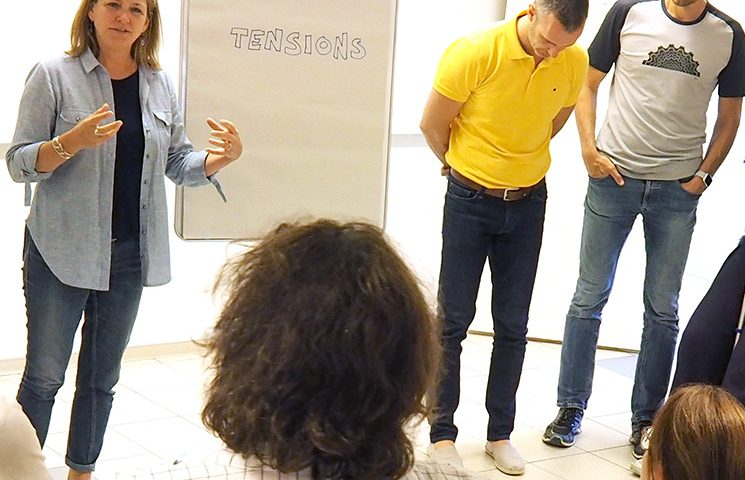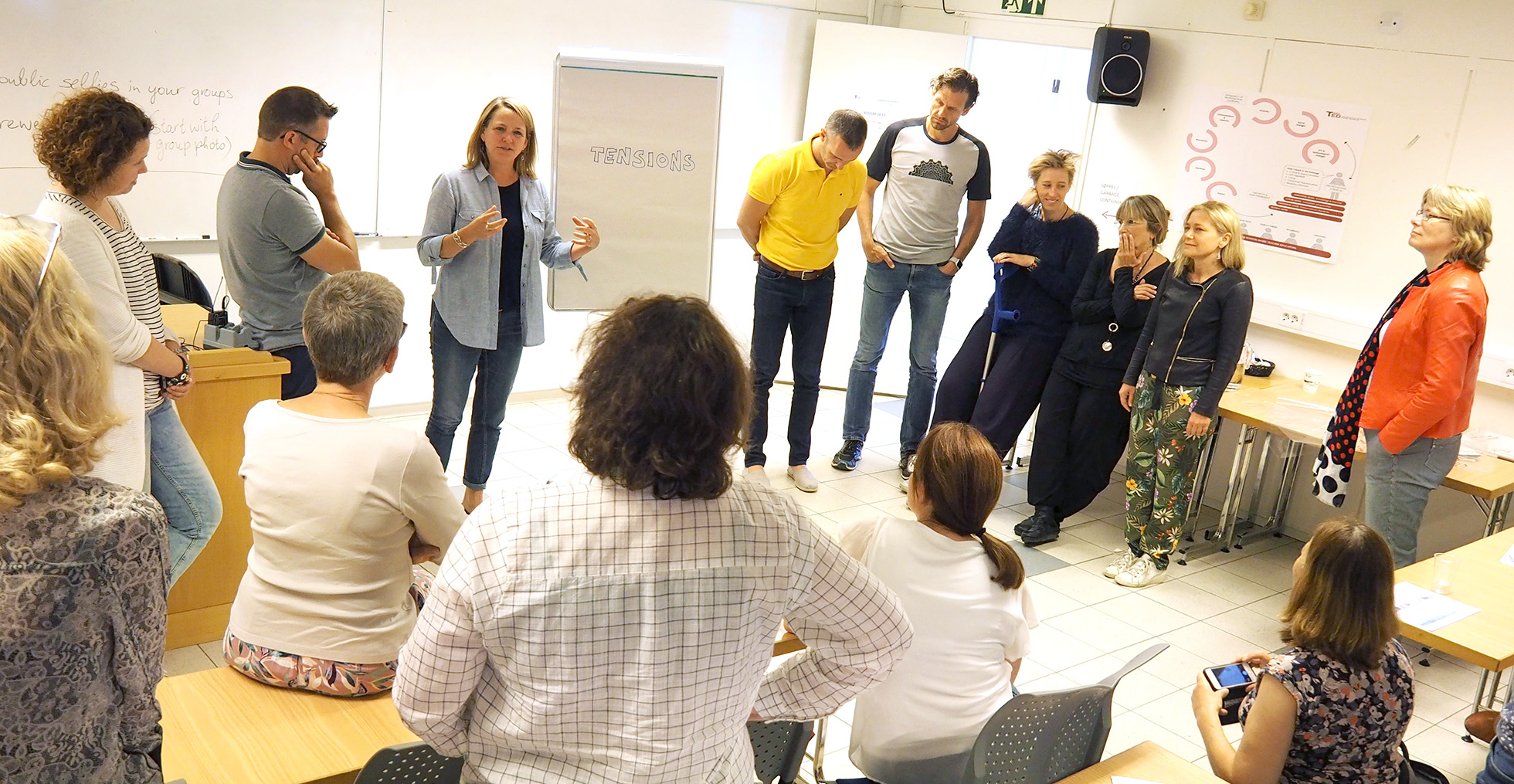Views on teacher education

Mesila – A Selection Battery for Future Teachers
August 21, 2018
Interrogating Professionalism
October 1, 2018Views on teacher education


Tensions between views
A couple of years ago, I was asked to write a research review on the pedagogy of teacher education for the International Handbook of teacher education (Korthagen, 2016). It made me realize how overwhelming and scattered the literature in this field is, because many different views exist on ways to educate teachers. Moreover, it reminded me that certain tensions between views on teacher education seem perennial. For example, the tension between competency-based and person-based (humanistic) teacher education is still present to date, although the 21st century has brought us some fruitful attempts to connect these two views.
 Another tension I noticed has to do with the difficulty of bridging theory and practice.
Another tension I noticed has to do with the difficulty of bridging theory and practice.
This issue was already identified by John Dewey as the central problem of teacher education at the beginning of the 20st century, and the problem remains until this very day. On the one hand, research has shown that too strong a focus on theory hardly leads to a transfer of the theory to teachers’ practices. On the other hand, many researchers and teacher educators are worried that theoretical knowledge disappears to the background in practice-based or school-based approaches to teacher education. A real integration of theory-based and practice-based views still appears problematic, although in this respect too, a few promising approaches to teacher education have surfaced during the last two or three decades.
Local and national contexts
The situation is even more complicated. When trying to apply new approaches, teacher educators often run into obstacles such as institutional restrictions, state-wide requirements and colleagues with contrasting views. The questions arise: what should teacher educators do in such a complicated and challenging contexts, and how can they use the existing knowledge base for teacher educators? These are fundamental questions for teacher educators.
An advice
My advice would be to simply begin with small experiments, to make a start with applying new ideas from the knowledge base for teacher educators, and to reflect on the first outcomes of such attempts. Working in this manner makes it possible to connect one’s own experiences with the research literature, which helps to make a theory-informed analysis and to find suggestions for a next developmental phase. When doing so, teacher educators have the chance to find out what competencies they can further develop in themselves, and which of these competencies match both their own identity and their ideals as a teacher educator. Interestingly, this generally enables teacher educators to build bridges between practice and theory in their own practices, and to integrate a competency-based and person-based approach in their own professional development. I feel that this process is crucial for experiencing and overcoming the perennial tensions I mentioned above, which is a fundamental preparation for helping students overcome these tensions in their development as teachers.
Reference
Korthagen, F.A.J. (2016). Pedagogy of teacher education. In J. Loughran & M.L. Hamilton (Eds.), International handbook of teacher education, Volume 1 (pp. 311-346). Singapore: Springer Science. Downloadable from: Publications by Fred Korthagen - key articles




